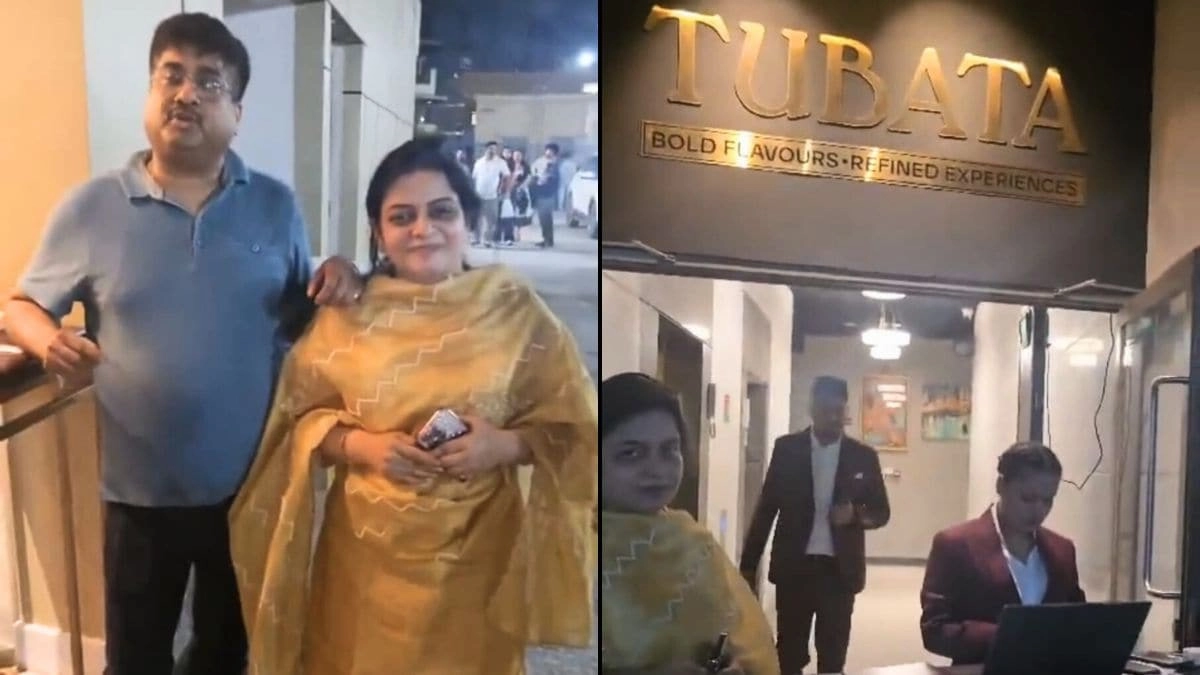A restaurant in Delhi has come under intense scrutiny after allegations surfaced that it denied entry to a woman wearing traditional Indian attire. This incident has sparked a significant backlash on social media, with many users expressing outrage over what they perceive as a blatant disregard for cultural identity and inclusivity. The woman, who was excited to dine at the establishment, shared her experience online, detailing how she was turned away simply because of her outfit, which she felt was a proud representation of her heritage. The situation quickly escalated, drawing attention from both the public and various media outlets, leading to questions about the restaurant’s policies and its stance on cultural attire.
In response to the growing controversy, the owner of the restaurant issued a statement attempting to clarify the situation. They claimed that the decision to deny entry was not based on the woman’s attire but rather on an enforcement of a specific dress code that applies to all patrons. The owner emphasized their commitment to providing an inclusive environment for all customers, regardless of their background or clothing choices. However, many critics remained unconvinced by this explanation, arguing that the enforcement of such dress codes can often be subjective and may inadvertently discriminate against those wearing traditional clothing.
The debate ignited by this incident highlights a broader discussion about cultural representation and acceptance within public spaces. Many individuals argue that restaurants and similar venues should celebrate diversity rather than impose restrictions that could alienate certain groups. The incident has prompted calls for greater awareness among business owners about the importance of inclusivity and the need to respect cultural identities. As the dialogue continues, it remains to be seen how this incident will influence the restaurant’s reputation and whether it will lead to changes in its policies regarding dress codes and customer inclusivity.
Ultimately, this situation serves as a reminder of the ongoing challenges related to cultural expression in modern society. It underscores the necessity for businesses to foster environments that welcome all individuals, regardless of their attire, and to engage in meaningful conversations about the values they promote. As public sentiment continues to evolve, the expectations for how establishments handle such issues will likely become more stringent, pushing for a more inclusive approach that honors and respects the rich tapestry of cultural heritage that exists in communities like Delhi.




